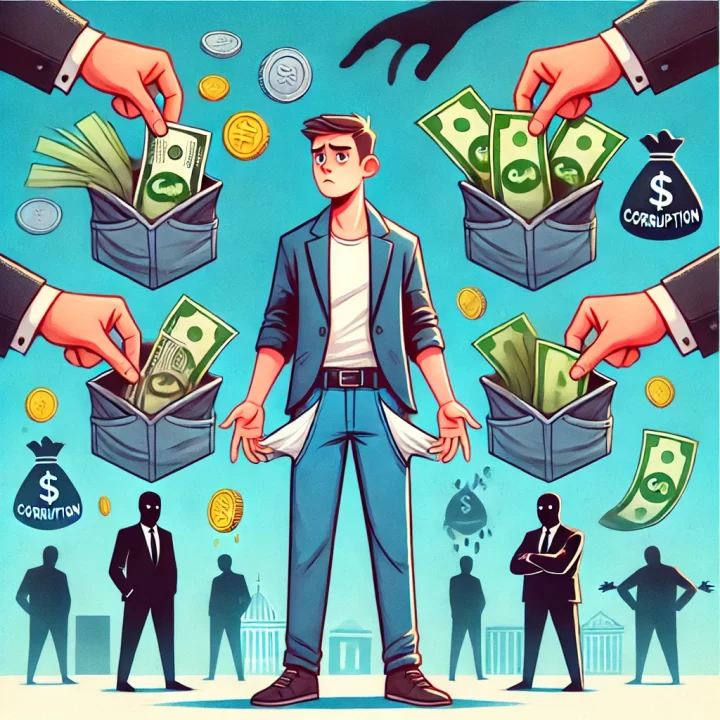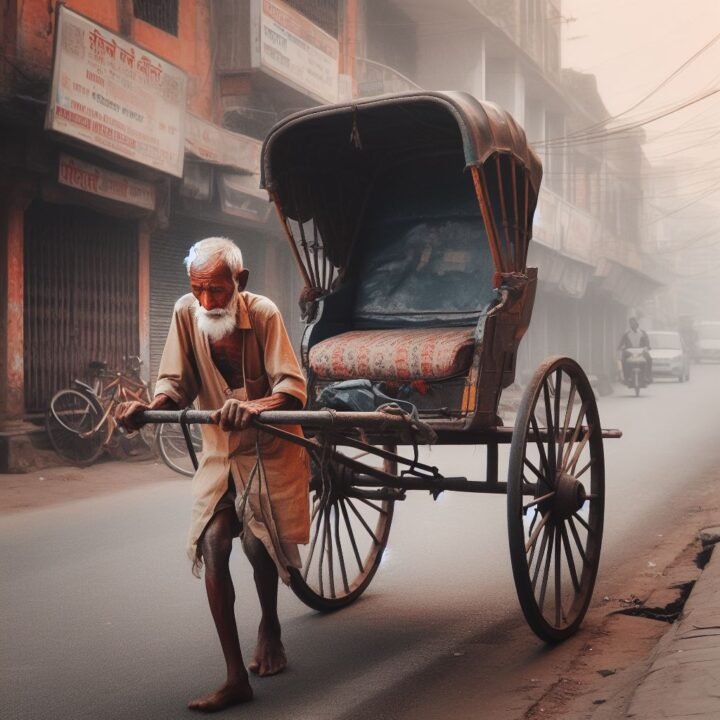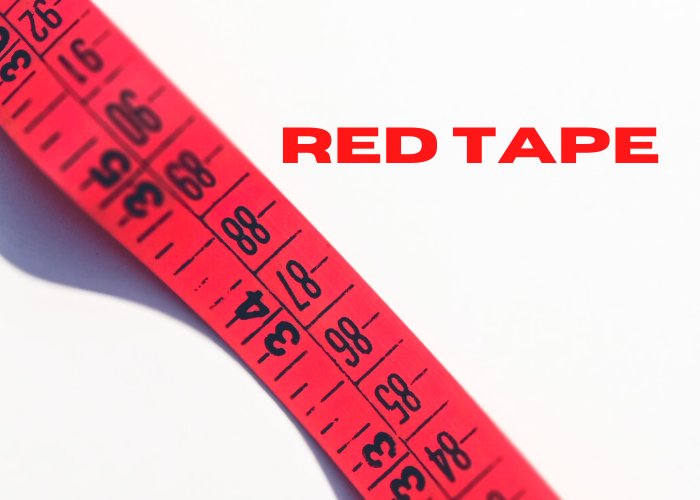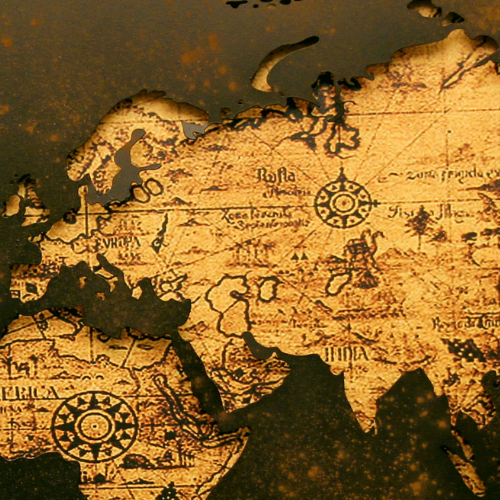Corruption: The Unseen Taxation
“Corruption breeds poverty and injustice, weakens institutions and undermines democracy.” – Kofi Annan
Pope Francis once declared, “Corruption is paid by the poor.” But in India, the truth is more insidious, more universal. We dutifully pay our visible taxes – income tax, GST, road tax, education cess – believing these contributions build our nation’s backbone. Yet, beneath this sanctioned system thrives a monstrous shadow economy, an unseen taxation silently siphoning our resources. This hidden levy is corruption, a ruthless form of double taxation where citizens pay repeatedly for the very services their legitimate taxes are meant to guarantee. It’s a disease disguised as convenience, and it’s crippling India’s superpower dreams.
Bureaucracy and Bribes: The Direct Double Tax
Step into any government office – the supposed engine of public service. You’ve already paid the salaries of the clerks and officers through your taxes. Yet, to get a birth certificate processed, a pension released, or land registered, the unspoken demand hangs heavy: pay again. A ₹500 note slipped under a file, a “facilitation fee” casually mentioned. This isn’t just bribery; it’s bureaucracy demanding a second salary, transforming public servants into parasitic rent-seekers. The citizen pays once legally, then illegally – a direct, brutal double hit.
Tacitus’s ancient warning echoes:
“The more corrupt the state, the more numerous the laws,” and the more numerous the unofficial toll booths.
Roads and Infrastructure: Triple Taxation through Corruption
The betrayal deepens when you hit the roads. You pay hefty road tax, tolls, and registration fees, trusting this buys safe, smooth passage. Instead, you navigate a gauntlet of potholes that reappear like ghosts after every monsoon – Mumbai’s crumbling arteries, Bihar’s roads washing away with the first rain. Why? Billions vanish into the pockets of corrupt contractors and officials colluding to deliver substandard work. The result? Triple Taxation. You paid the initial tax. You pay again through shredded tires, shattered suspensions, and sky-high mechanic bills. You pay a third time guzzling fuel idling in jams on broken roads. Your vehicle becomes a rolling meter, ticking away the cost of graft.
Education and Healthcare: Hidden Taxes on Essential Services
“Fighting corruption is not just good governance. It’s self-defense. It’s patriotism.”
Look at the pillars of a just society: education and healthcare. Your taxes fund specific cesses for schools and hospitals. Yet, government schools crumble, lacking even basic facilities, forcing middle-class families into expensive private alternatives. You pay the education cess and the private fees, often taxed again! Rural health centers, funded by your money, stand as hollow shells – no medicines, no doctors. When illness strikes, you’re forced into predatory private care, plunging into debt. Essential services become luxury goods, accessible only through this hidden, corrupt surcharge. As Joe Biden observed, “When corruption is the norm, getting ahead becomes an act of rebellion.” Here, merely accessing basic rights feels like rebellion.
Food and Safety: The Cost of Corrupt Inspection
Even the food on your plate carries the taint of this invisible tax. That gleaming food safety certificate in your favourite restaurant? Often bought with a bribe, not earned through hygiene. Think Kerala eateries’ food poisonings or the adulterated dairy scourge in other parts – scandals erupting because inspectors took cash to ignore filth and expired ingredients. You paid taxes to fund these watchdogs. Then you pay the hidden cost: exorbitant medical bills, lost wages, and shattered health when they fail.
Corruption poisons your plate and your pocketbook simultaneously.
Corruption Normalized: India’s Acceptance of Double Taxation
The tragedy? We’ve normalized this plunder. We call it “speed money,” a necessary evil to grease the creaky wheels of bureaucracy. Paying a cop ₹500 for a passport verification he’s already salaried to do? Just “getting things done.” This acceptance is the corruption’s greatest victory. Charles Caleb Colton warned, “Corruption is like a ball of snow; once it’s set rolling, it must increase.” And increase it has, becoming India’s highest, most regressive tax.
This widespread normalization of small bribes creates a troubling illusion: corruption is perceived as harmless or inevitable rather than as an oppressive second tax.
The numbers are damning:
India ranks a dismal 96th on Transparency International’s Corruption Index (Score: 38/100). (Transparency International)
Petty corruption alone bleeds citizens dry, estimated at over ₹21,000 crore annually in basic services. (Wikipedia/ TI Study)
A staggering $462 billion has fled India illicitly over decades, wealth stolen from its people and its potential. (voanews.com)
Corruption costs India roughly 1.26% of GDP yearly – billions that vanish instead of building roads, schools, or hospitals. (Future Market Insights)
This is the crushing reality: Corruption isn’t just a moral failing; it’s India’s most pervasive, expensive, and destructive tax. It extracts far more than any government levy, draining disposable income, crushing the poor disproportionately, fueling inequality, and strangling aspiration. It forces citizens to pay double, triple, even quadruple for basic rights. It corrodes trust, sabotages public institutions, and deters the investment India desperately needs.
Here’s the brutal, unavoidable truth for India’s corridors of power: Forget superpower ambitions. Forget even entering the first world. It. Will. Not. Happen. Not while this parasitic “corruption tax” continues to bleed the nation white. Every rupee extorted as a bribe, every dollar siphoned from a project, every service denied without a backhander is a rupee and a dollar stolen from the hands of citizens. Money that could fuel consumer spending, drive small business investment, and ignite a virtuous cycle of growth is instead vacuumed into the black hole of graft.
Path Forward
The path forward is non-negotiable. The government must wage total war on this systemic corruption with ruthless, transparent efficiency. Not just catchy slogans, but concrete, measurable action that dismantles the machinery of bribery and ensures public funds serve the public. Until citizens are freed from this crushing double taxation, until their hard-earned money stays in their pockets to spend and invest, India’s growth engine will remain choked. The ball, devastatingly, is in the government’s court.









